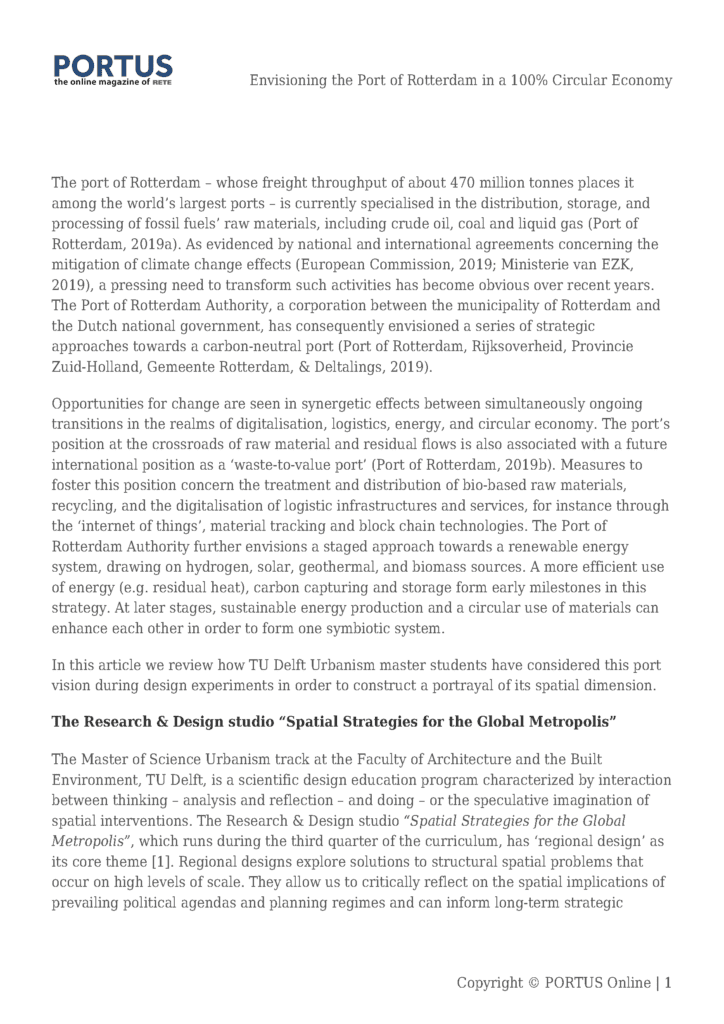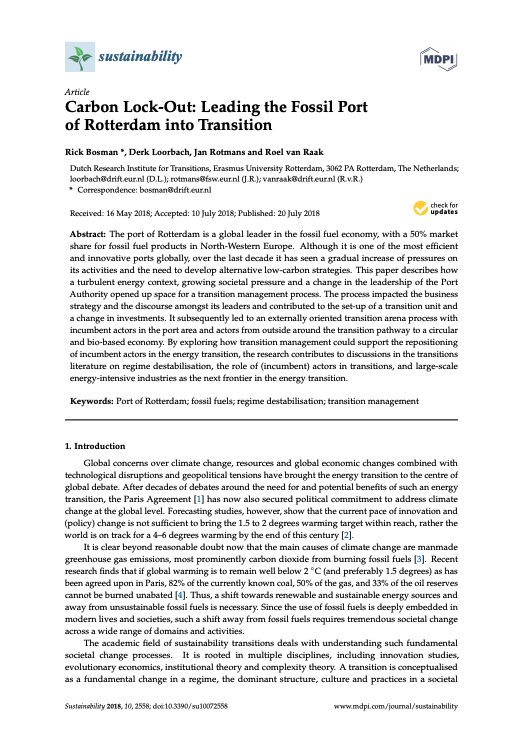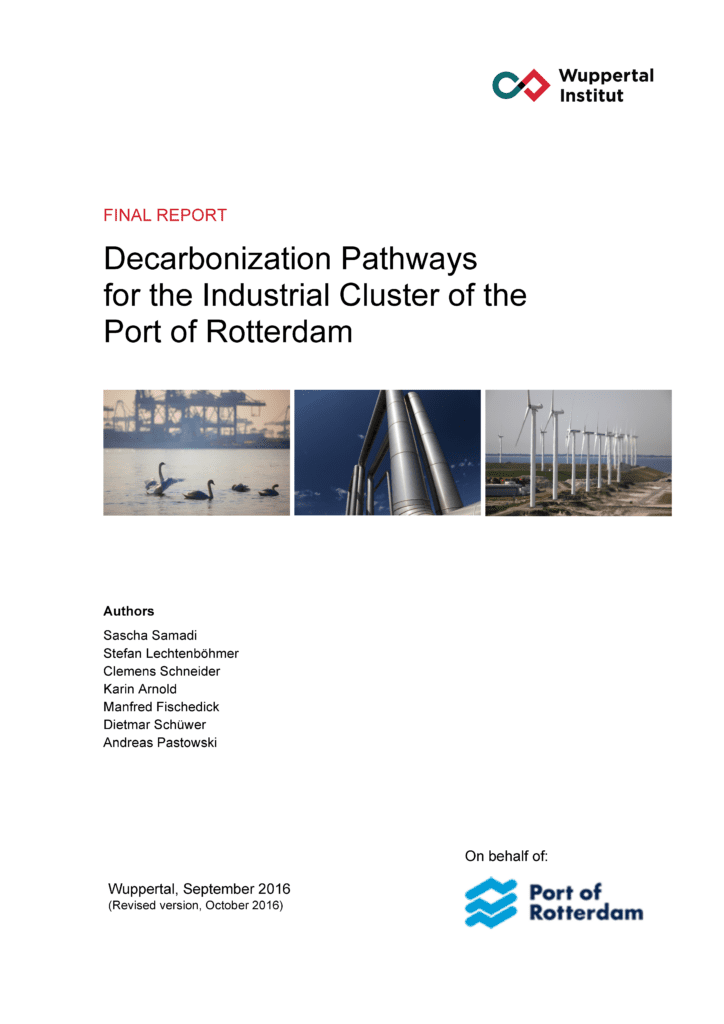Research shows that the Netherlands owes € 45.6 billion or 6.2% of its added value to the Port of Rotterdam. This means that the Port of Rotterdam contributes twice as much to the gross domestic product (GDP) than has been calculated so far. Traditionally, the economic significance of the port only measures direct employment and added value, including so-called backward indirect effects. Backward effects are understood to mean the added value resulting from purchasing by companies from the port elsewhere in the Dutch economy.
The study, on the other hand, also includes the forward indirect effects of the Port of Rotterdam. Forward indirect effects are economic activities that are made possible in the Netherlands thanks to the presence of the Port of Rotterdam, such as re-exports via logistics and distribution.
Another important finding of the report is that the future business model of the port is healthy, certainly in the context of digitization and energy transition, with strong growth opportunities for the maritime manufacturing industry and maritime business services in Rotterdam.
Allard Castelein, CEO of the Port of Rotterdam Authority: “This study proves the enormous importance of the Port of Rotterdam for the growth of the Dutch economy. In addition, the report shows that the port’s future business capacity has robust growth potential. Both key findings of the study underline the relevance of Mainport Rotterdam. This relevance will only increase if the Port of Rotterdam is also able to contribute to current social challenges: the further sustainability and digitization of the Dutch economy.”
Source: Port of Rotterdam





